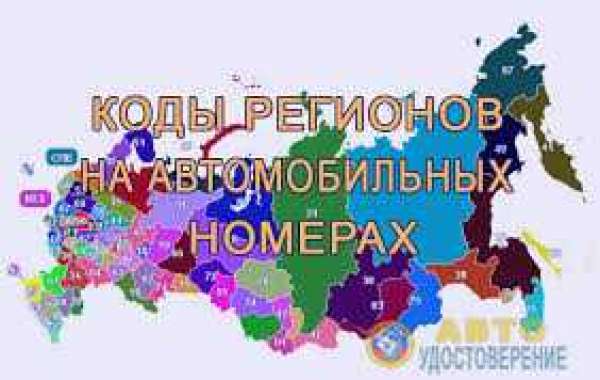In recent times, the phenomenon of sugar daddy relationships has gained important attention across the globe, and Africa is not any exception. The rise of sugar daddy sites has transformed the relationship panorama, creating a space where older, wealthier males (sugar daddies) connect with youthful ladies (sugar infants) for mutually helpful relationships. This text goals to explore the cultural, financial, and social implications of sugar daddy sites in Africa, shedding mild on their reputation and the motivations behind them.
The concept of sugar daddy relationships just isn't totally new; traditionally, such arrangements have existed in numerous types across completely different cultures. However, the appearance of the internet and the proliferation of dating apps have facilitated a more structured approach to those relationships. In Africa, sugar daddy website about me daddy sites have emerged as a preferred means for young girls to seek financial support in change for companionship or romantic involvement. For those who have any kind of inquiries with regards to where and also the best way to work with sugar daddy websites london, you are able to e-mail us in our webpage. This dynamic is especially pronounced in countries with excessive ranges of poverty, unemployment, and restricted opportunities for younger people.
One of the most notable aspects of sugar daddy sites in Africa is their enchantment to young women who typically find themselves in precarious financial situations. In many African international locations, financial instability and high youth unemployment charges have led younger girls to hunt various technique of financial support. sugar baby website ontario daddy relationships can provide a approach out of poverty, providing monetary help for education, housing, and different essential wants. This transactional nature of relationships is commonly framed by the younger women as a pragmatic selection in a challenging financial panorama.
Cultural attitudes towards sugar daddy relationships differ significantly across different African societies. In some cultures, such preparations are stigmatized, viewed as exploitative or morally questionable. However, in other contexts, they could also be seen as a type of empowerment, allowing women to leverage their youth and sweetness in trade for financial stability. This duality displays broader societal attitudes towards gender, energy dynamics, and economic company.
The rise of sugar daddy sites has also been fueled by the growing accessibility of know-how and the web in Africa. With the proliferation of smartphones and cellular web, young girls can simply entry these platforms, creating profiles and connecting with potential sugar daddies. Social media additionally plays a crucial position in selling these sites, as influencers and users share their experiences, normalizing the follow and encouraging others to explore comparable avenues for financial help.
While sugar daddy websites offer alternatives for financial gain, in addition they current significant dangers for young ladies. Many sugar infants face the danger of exploitation, abuse, and even human trafficking. The anonymity of on-line interactions can obscure the intentions of potential companions, resulting in conditions the place younger girls may discover themselves in unsafe or compromising positions. Additionally, the emotional toll of partaking in transactional relationships can lead to feelings of inadequacy, low vanity, and psychological health challenges.
Furthermore, the prevalence of sugar daddy relationships raises essential questions about gender dynamics and energy imbalances. Critics argue that these preparations perpetuate a cycle of dependency, the place young ladies grow to be reliant on older men for monetary assist, thus reinforcing conventional gender roles. This dynamic can hinder ladies's empowerment and restrict their skill to pursue unbiased, fulfilling lives.
Despite these challenges, many young ladies proceed to have interaction in sugar daddy relationships, viewing them as a viable technique of attaining their objectives. For some, the financial advantages outweigh the dangers, and the relationships can present a way of safety and stability in an unsure economic local weather. Furthermore, sugar daddy websites often promote a way of community among members, with forums and discussions that permit customers to share advice, experiences, and assist.
The impression of sugar daddy sites extends past individual relationships, influencing broader societal developments and financial patterns. In some circumstances, these preparations can stimulate native economies, as sugar daddies typically provide monetary support that permits younger girls to put money into training, companies, or different ventures. This will lead to a ripple impact, where the financial empowerment of 1 lady contributes to the financial progress of her group.
As sugar daddy websites continue to achieve traction in Africa, it is important to consider the regulatory landscape surrounding these platforms. Many nations lack comprehensive laws governing on-line courting and transactional relationships, leaving customers susceptible to exploitation and abuse. Advocates for girls's rights and security emphasize the need for higher laws, training, and assets to protect younger girls engaging in these relationships.
In conclusion, sugar daddy site reviews daddy sites in Africa represent a complex intersection of tradition, economy, and gender dynamics. Whereas they provide alternatives for monetary help and empowerment, additionally they pose vital dangers and ethical dilemmas. As society continues to grapple with the implications of those relationships, it's essential to foster open dialogues that handle the challenges and opportunities presented by sugar daddy sites. By understanding the motivations and experiences of those concerned, we can work in direction of creating a safer, extra equitable environment for all individuals navigating the panorama of fashionable relationships.








